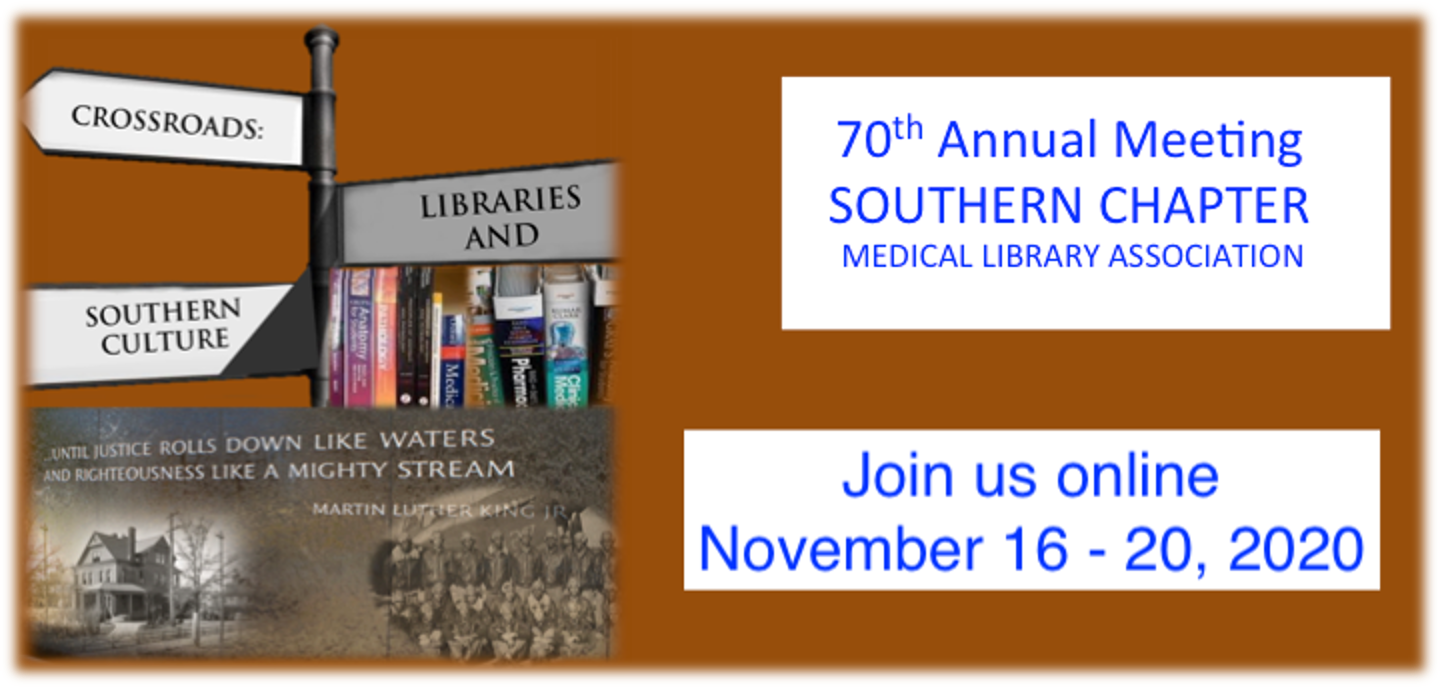Start Date
18-11-2020 1:30 PM
End Date
18-11-2020 3:00 PM
Type of Work
Poster
Description
OBJECTIVE For the Woodruff Health Sciences Center Library to determine if creating a focus on Open Science or Rigor and Reproducibility would be possible and accepted by researchers at Emory University.
METHODS A working group of three librarians was created to determine if there was a need for the library to create a focus/culture of Open Science or Rigor and Reproducibility on campus. The working group interviewed 4 faculty/admin members including: the Deputy Chief Compliance Officer, an Associate Professor of Pharmacology, who teaches a course on Rigorous Research Methods, the Director of the CTSA’s Medical Ethics Section, and the Director of the Woodruff Health Sciences Center Data Science Initiative, to determine the need for the library to be a resource for Open Science or Rigor and Reproducibility.
RESULTS The working group determined that creating a focus on Rigor and Reproducibility was a more important focus for the Library than Open Science. The group decided that in order for the Library to be seen as a resource for Rigor and Reproducibility, the library must employ the principles of Rigor and Reproducibility to its own research. The group created a training plan for the librarians in the Library in which the initial step was for all Librarians to attend a training session from the Center of Open Science entitled “Openness and Reproducibility Research Practices”. The group also determined the Library should hold at least one public outreach event a year based on the theme of Rigor and Reproducibility. The group worked with the Director of the Data Science Initiative to create a virtual seminar series based around Rigor and Reproducibility.
CONCLUSIONS The Health Sciences Library deciding to create a focus on Rigor and Reproducibility has been an effective way to engage with faculty and researchers across campus to begin to create conversations around Rigor and Reproducibility and research on campus.
Creating a focus on Rigor and Reproducibility in a Health Sciences Library
OBJECTIVE For the Woodruff Health Sciences Center Library to determine if creating a focus on Open Science or Rigor and Reproducibility would be possible and accepted by researchers at Emory University.
METHODS A working group of three librarians was created to determine if there was a need for the library to create a focus/culture of Open Science or Rigor and Reproducibility on campus. The working group interviewed 4 faculty/admin members including: the Deputy Chief Compliance Officer, an Associate Professor of Pharmacology, who teaches a course on Rigorous Research Methods, the Director of the CTSA’s Medical Ethics Section, and the Director of the Woodruff Health Sciences Center Data Science Initiative, to determine the need for the library to be a resource for Open Science or Rigor and Reproducibility.
RESULTS The working group determined that creating a focus on Rigor and Reproducibility was a more important focus for the Library than Open Science. The group decided that in order for the Library to be seen as a resource for Rigor and Reproducibility, the library must employ the principles of Rigor and Reproducibility to its own research. The group created a training plan for the librarians in the Library in which the initial step was for all Librarians to attend a training session from the Center of Open Science entitled “Openness and Reproducibility Research Practices”. The group also determined the Library should hold at least one public outreach event a year based on the theme of Rigor and Reproducibility. The group worked with the Director of the Data Science Initiative to create a virtual seminar series based around Rigor and Reproducibility.
CONCLUSIONS The Health Sciences Library deciding to create a focus on Rigor and Reproducibility has been an effective way to engage with faculty and researchers across campus to begin to create conversations around Rigor and Reproducibility and research on campus.


